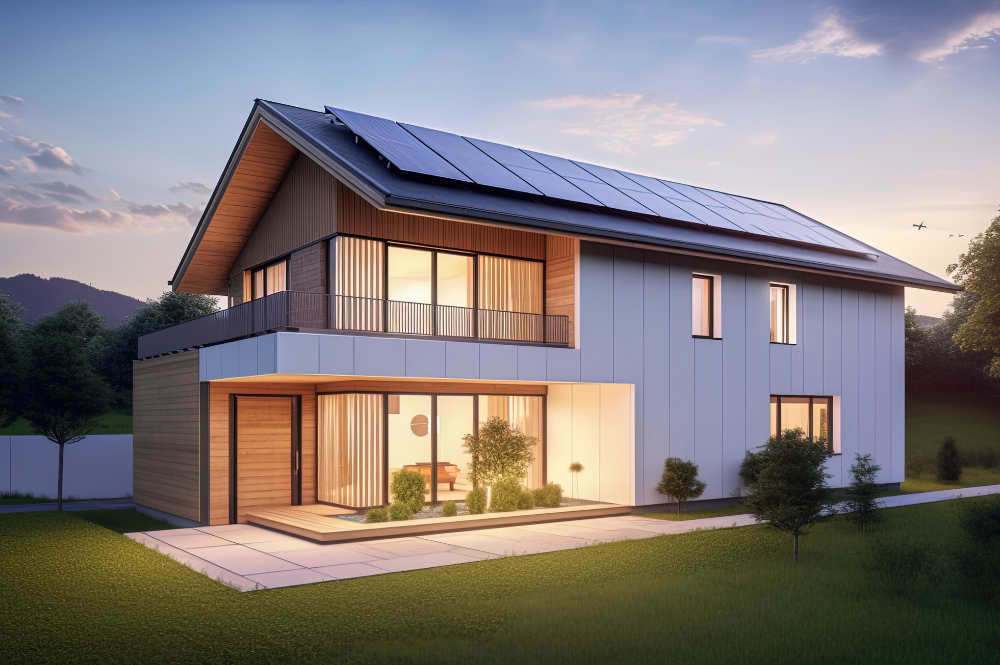Whether you want to live a greener life, or cut your reliance to an energy supplier, the desire to go off-grid is becoming more popular. But, is it a viable option for the the average Tweed Coast household? Let’s look into the intricacies of off-grid solar so you can make the best decision.
Can I take my house off-grid?
What’s the difference between off-grid and grid solar?
Off-grid solar operates autonomously, meaning it generates and stores its own electricity independently from utility and energy providers. Grid solar is a system where the solar panels are connected to the electrical grid, allowing surplus energy to be fed back to the grid for credits or payments. Credits and payments are known as feed-in tariffs which you can read more about.
The choice between off-grid and grid solar is based around individual preferences, household location and budget. Off-grid offers complete independence and is usually suited to properties in remote areas, while on-grid systems provide reliability and cost savings, making them the most common choice for urban households.
What are the benefits of off-grid solar?
Going off-grid offers many advantages for homeowners. It allows you to harness clean energy, frees you from ongoing and expensive energy bills, and allows you to live independently and self-sufficiently.
Can solar panels take me off-grid?
Absolutely! With solar panels, an inverter and a battery, this stand-alone setup harnesses energy from the sun and stores it for later use. However, transitioning off-grid requires careful consideration. Unlike on-grid systems, off-grid setups require ample battery storage and a larger upfront investment. Reliance on an off-grid system alone paves way for challenges like severe weather events, system damage or system malfunction.
What does it take to get me off-grid?
You might find yourself wondering how many panels you will need to go off-grid. Or, how big of a battery you might need. Determining the right number of solar panels and battery involves assessing your households daily energy usage, panel efficiency, and sunlight availability. There’s no one-size-fits-all answer, so your best bet is to consult a professional installer like us. In the meantime, you can start to find the right size solar system with these tips.
Can I reduce my reliance on the grid, without going off-grid?
For most of us in the suburbs, going completely off-grid isn’t the right solution. But, installing a solar battery offers a great middle ground. By storing excess energy for later use, homeowners can enjoy added resilience during power outages which minimises the dependence on the grid. Discover how to choose the right solar battery for you.
Going completely off-grid is an exciting prospect for those craving autonomy and sustainability. But like anything, it’s important to weigh up the pros and cons and make sure it’s right for your household. Whether opting for off-grid independence, or embracing the resilience of an on-grid system, we’ve got a solution for you. Talk to us about the best system for your unique needs. 1300 4 SOLAR.


Leave A Comment